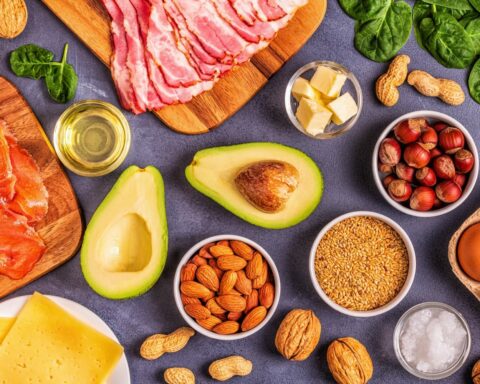What it means to be metabolically flexible
As a nutritionist, metabolic flexibility refers to the body’s natural ability to use the food we eat for energy. For one to be metabolic flexible, the body should be able to switch from using carbs for fuel to fats while optimizing efficiency. With metabolic flexibility, the body can burn any food for energy and responds positively to support any metabolic demand changes.
Busting metabolism myths
Eating a healthy breakfast can kick start metabolism
Consuming breakfast is healthy and ideal, but there is no significant difference in the calories burnt among people who skip it and those who take it.
Late-night eating and snacking can slow metabolism
Our metabolism functions normally, whether at night or during the daytime.
The difference between a fast and slow metabolism
In my opinion, slow metabolism is characterized by delayed or slow-burning and conversion of fats and calories to energy. This leads to fewer calories burned and more fats stored in the body. A faster metabolism means that your body burns more calories quicker while storing fewer fats.
Foods to eat to boost your metabolism
I highly recommend adding grapefruits, spinach, cayenne pepper, apple cider vinegar, chili peppers, tea, coffee, beans, ginger, and seaweed. They are high in vitamins, minerals, antioxidants, iron, iodine, catechins, and other metabolism-boosting properties to speed up body metabolism.
- Is Mushroom Coffee Worth the Hype? An Expert’s Take - April 19, 2024
- Missionary Position – Least Likely To Bring You To Climax - April 7, 2023
- Vibrators could put you in Jail - March 31, 2023









